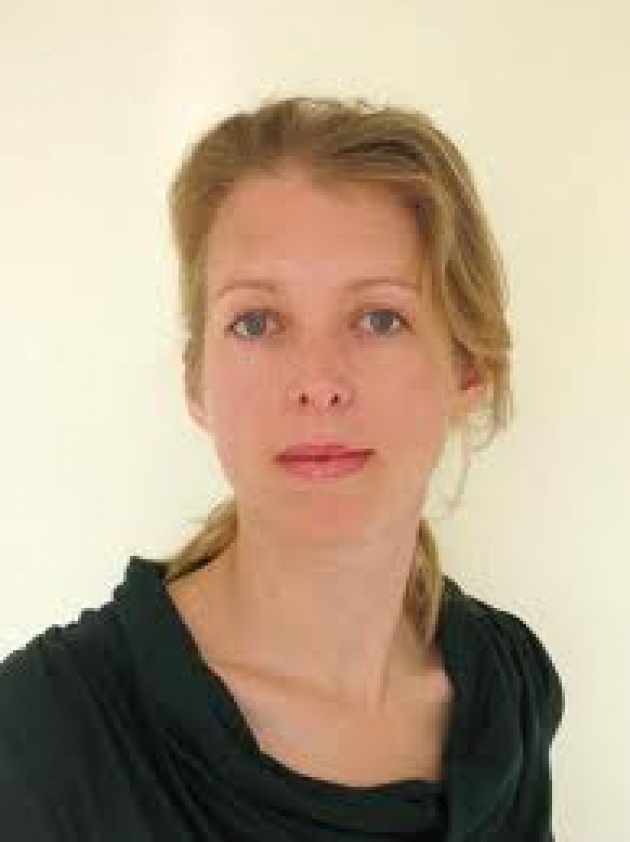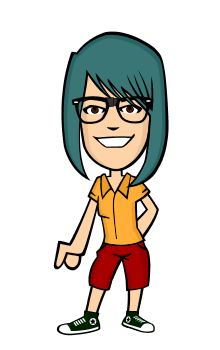
"There are no short cuts. Look people in the eye. Stay positive, don't take criticism personally, and always treat people the way you would want to be treated"
Aryn Baker is the Middle East Bureau Chief for TIME, a role in which she covers politics, society, the military and the regional war on terror. She also covers both Pakistan and Afghanistan, for which she was Bureau Chief from 2008 to 2010.
Below is an interview with her about Education, digital technology and women in Afghanistan.
FA: Can you tell us about yourself and the philosophy behind your work?
AB: I came into journalism as a second career, after I found that my life as a chef was not intellectually fulfilling. I wasn't sure exactly what I wanted to do, but I knew that I loved traveling, meeting people, learning about new things and reading. When I added up all the things that made me happy in life, I realized that journalism was my true calling – I just heard the message a little late. It's been 12 years since I finished my Master's degree in journalism at UC Berkely, and while my husband does most of the cooking, I have been known to whip up a mean thanksgiving feast when my work takes me away during the holidays.
I love journalism because I am intensely curious about other people's stories. So my work tends to be very person-based. I try to show the world through the eyes of my subjects, with the hope that my readers will understand what it is like to be in his or her shoes. I try to make sense of things, explain why someone does something, rather than condemn him or her for doing it.
FA: What do you look for in the people you work with and stories you work on?
AB: For my stories I look for people who are wiling to share a bit of their lives with me. My subjects need to be a little introspective, so when I ask why they are doing something, they can give a thoughtful answer. Hopefully that answer will reveal a greater truth about the world around them. When possible I like to spend a lot of time with my subjects, and I like to be able to do something like go for a walk, or cook a meal. That makes people more relaxed, and more willing to converse. Sometimes a straight interview, conducted over a computer in an office can feel overwhelming, and then my subjects freeze up.
FA: What is social media's role in your business? How much do you use it and how?
AB: As a journalist I use Twitter and Facebook to find people I wouldn't normally meet in the course of my reporting. I follow activists and intellectuals in all the countries I cover so that I can get a different perspective of what is going on in their worlds. But you have to be careful with both – it's easy to get lost in Twitter or Facebook, and never get any work done.
FA: Can social and digital technology influence a digital, cultural revolution? If yes, how so?
AB: They are tools that can bring about revolution, but they can also be used to quash it. Social media alone will not bring about change. Sometimes it hinders it. If people are too busy following twitter at home, they are less likely to go out on the streets to protest.
FA: Where do you see the future of developing countries like Afghanistan? Do you think digital and social media can help improve their economy and education system?
AB: If used correctly, digital media can go a long way towards improving education in Afghanistan. But not alone. Nothing can replace dedicated, trained and responsive teachers. Computers are tools, not solutions.
FA: What do you think of Film Annex's initiatives in Afghanistan? As a successful woman in business, what advise would you give to young women in Afghanistan and other developing countries?
AB: Put your head down and do the work. There are no short cuts. Look people in the eye. Stay positive, don't take criticism personally, and always treat people the way you would want to be treated.
FA: How is education an important factor for women's independence and self esteem?
AB: It may be a cliché, but knowledge is power. The more women know about their rights, the stronger they will be. The more they know about the successes of other women in history, or in the world, the more likely they will be to strive for their own success.
It is always admirable and pleasant when you read an article or hear about women who are active and creative. Aryn is a great example. She was covering both Pakistan and Afghanistan while she was the Bureau Chief from 2008 to 2010. She is an inspiration for me and other women in Afghanistan who want to raise their voice to support and help other women and provide more opportunities to empower women in their regions.
Women's Annex always tries to find female role models like Aryn to encourage women in Afghanistan, Central and South Asia to promote their work and opinions while helping them establish relationships with other women around the world.




